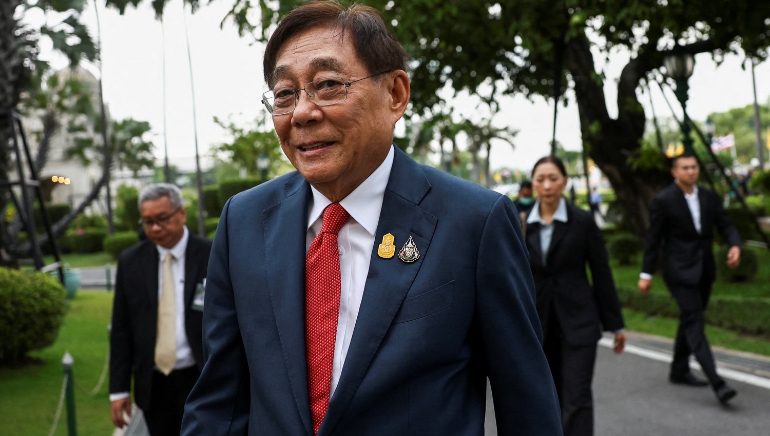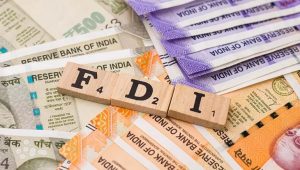Thailand’s Finance Minister, Pichai Chunhavajira, announced plans to propose 110 billion baht ($3.4 billion) in economic stimulus projects to the cabinet. The proposed strategies aim to increase GDP growth by 0.4 to 0.5 percentage points. Prime Minister Srettha Thavisin reiterated the government’s commitment to reviving the economy through increased circulation of money.
Thailand’s economy grew by only 1.9% in 2023, well below regional counterparts. The government predicts a 2.5% increase in 2025. The 500 billion baht ($13.9 billion) “digital wallet” plan, which delivers 10,000 baht to 50 million citizens for local spending within six months, is a critical component of the overall approach.
Originally scheduled for an earlier rollout, the plan was pushed back to the fourth quarter of 2025 due to budget concerns. Economists and former central bank officials have criticised the proposal, citing concerns about fiscal risks. However, the administration believes that the plan is both necessary and fiscally responsible.
An intra-agency group, which includes the central bank, has approved the use of the 2024 and 2025 budgets to fund the plan. Some committee members have suggested reducing the program’s scope to include people with low incomes.















